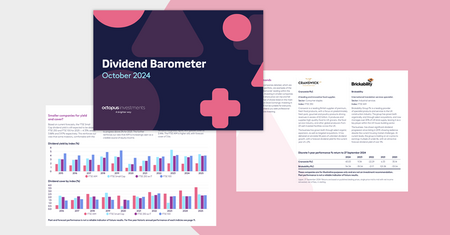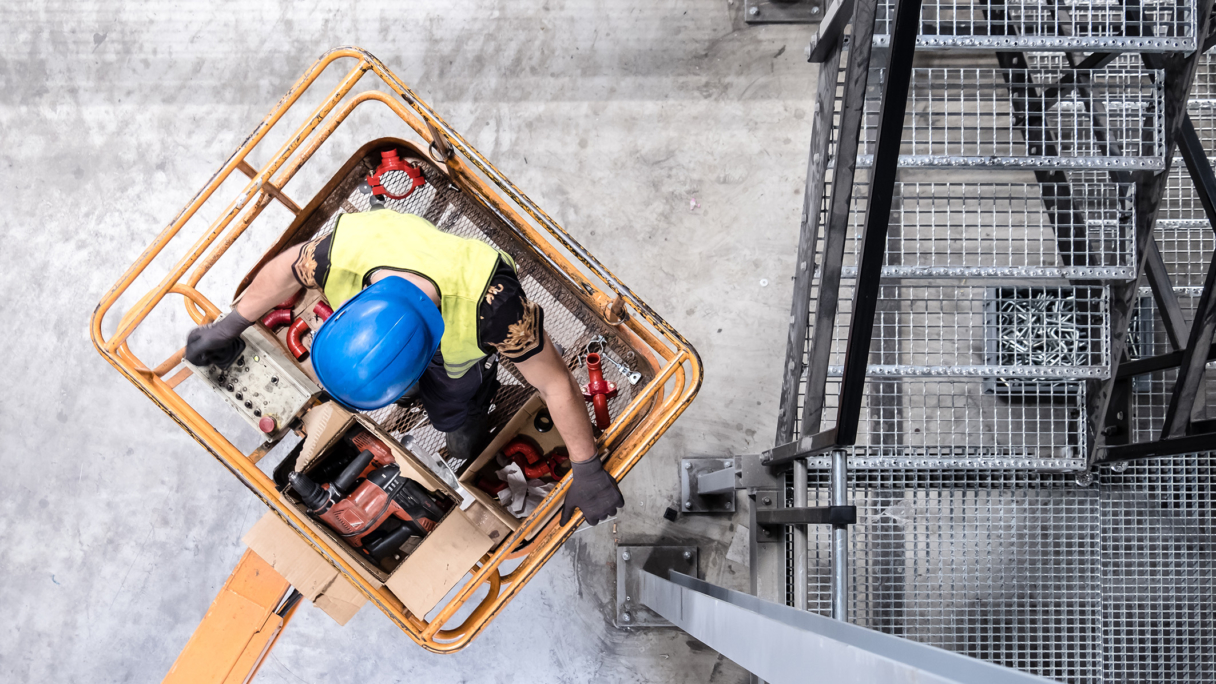Octopus is on a mission to invest in the people, ideas, and industries that will change the world. We spoke to the Sustainable Infrastructure team at Octopus to find out how one company is helping to make construction greener.
A dust cloud rolls in. In the distance, you hear the aggressive hum of a generator. An excavator roars into life, sooty grey-black fumes rise from its exhaust. The choking smell of diesel taints the air.
Our appetite for construction is unrelenting. By 2030, the global market for construction will exceed $14 trillion.1
While construction is critical to building the infrastructure needed to transition to Net Zero, the industry itself is yet to go green.
Construction is still reliant on fossil fuels and is an extremely polluting industry. It contributes as much as 4% of all air pollution, more incidents of water pollution than any other industry, and attracts large numbers of noise complaints.2
There’s a mismatch between the sustainable infrastructure being constructed, and the equipment and processes by which it is being built.
Green technology exists that can help the construction industry electrify, reduce emissions, and minimise its footprint.
But the take-up of that technology has been slow.
Chris Medley’s new venture, Infrafleet, wants to change that. So do we. And that’s why we’re backing the business.
Latent demand for green construction
“The vast majority of construction equipment runs on diesel,” explains Chris. “The technology for the electrification of these assets is beginning to come through and customers want it. But the incumbents who are best placed to provide green assets just don’t.”
Chris’s background is in private equity, where he specialised in infrastructure investing. His time working in the industry gave him the idea for his new business.
“I was involved in rental businesses, and I saw that customer demand was growing for green equipment. But there was a mismatch with the willingness to provide it.”
Yet the technology is available to decarbonise construction. So why the mismatch?
“You’ve got misaligned interests in that you’re expecting the owner of diesel assets to replace them with green assets. That involves replacing their fleet sooner and – on top of that – electric assets can cost twice as much as diesel.”
“Existing leasing businesses are unlikely to transition without regulatory intervention, which doesn’t look to be on the horizon just yet.”
But as a newcomer to the industry, Infrafleet has an exciting opportunity. The business is in a unique position because it’s starting from the ground up.
“We’re a new entrant and we have no diesel assets. Infrafleet is in a position to buy green assets and provide them at an affordable price. We can help end users adopt green technology sooner.”
“That’s not only through us buying green assets directly and putting them into the market. We’re hoping to put competitive pressure on these markets which doesn’t exist today. We have a chance to speed up the adoption of green construction equipment.”
“It’s similar to expecting oil companies to have led the charge on renewable energy. I’m sure those companies have invested in renewables now, but they’ve only done so after pressure from new entrants.”
A personal mission
Infrafleet has the potential to bring significant quality of life improvements to communities. The benefits of delivering on green construction extends beyond the reduction of carbon emissions.
“Construction is a big contributor to air and noise pollution, especially in cities,” says Chris.
“In the UK, you’ve got between 28,000 and 36,000 deaths associated with air pollution every year.”3
“No one wants a dirty diesel truck running outside their house when there’s green equipment available that can do it silently and with no emissions.”
“I definitely have a personal passion for the green agenda. I’ve always been into responsible investing. That passion has evolved into establishing my own sustainable venture.”
“I was looking for a way to use my experience to do something that was beneficial to the planet, and to create an environment that people really wanted to work in and where people were valued.”
Infrafleet begins its growth journey
“My plan for Infrafleet is obviously incremental,” explains Chris. “We’re starting off with zero-emission cherry pickers.”
“From there, we’re interested in any end market which is serving sustainable infrastructure and that’s ready for decarbonisation. That includes electrification as well as hydrogen.”
“Once we’ve expanded our product portfolio, I think we’ll be looking at the digitisation side. I’m interested in where we can use technology, similar to how Octopus Energy has used tech to be more efficient in its operations.”
“Equipment rental and leasing businesses aren’t exactly known for being progressive when it comes to technology. I think there will be things we can do to improve the user experience.”
The Octopus ecosystem
Our investment in Infrafleet is a great example of the entrepreneurial spirit at Octopus and how entrepreneurs can achieve synergies within our ecosystem.
“Chris came to us as an entrepreneur and explained he wanted to start a company from scratch,” says Lukasz Michalak, an Investment Director in the Sustainable Infrastructure team at Octopus.
“We immediately saw the potential and how the ecosystem here at Octopus could support the growth of the business. But it was too early stage for our infrastructure investors, so we decided to initially back InfraFleet using our own funds and incubate the company. When it’s mature enough we hope to bring the opportunity to investors who have a lower risk appetite.”
“Infrafleet is starting with van-mounted cherry pickers. It just so happens that we have a large fibre portfolio which has a need for the equipment to install fast broadband across the UK. The wind farm operators we invest in are also potential customers. So from day one we were able to introduce Infrafleet to its potential first customers.”
“Then there’s Octopus Energy, who could supply green energy to its fleets,” continues Lukasz. “And Octopus Electric Juice could support with charging those fleets. And there’s Octopus Hydrogen, who are focused on producing hydrogen for vehicles. There are so many exciting potential synergies.”
“Chris has joined our sustainability-conscious and entrepreneurial ecosystem, where he can benefit from the support of the Octopus teams and make the biggest leap for a start-up – winning the first customer.”
Sustainable Infrastructure team
Infrafleet is just one example of the future-focused investments the Sustainable Infrastructure team at Octopus are making.
“We’re trying to find the future of infrastructure,” explains Rob Skinner, Head of Sustainable Infrastructure at Octopus.
“We like to back entrepreneurs and businesses that we can really add value to through our existing network of companies and industry specialists. That’s what drew us to Chris and Infrafleet – the vision of the market opportunity combined with obvious ways we can help the company grow and achieve its goals.”
“Rather than invest directly in the assets themselves, we back companies building and managing those emerging asset classes. We’re active investors.”
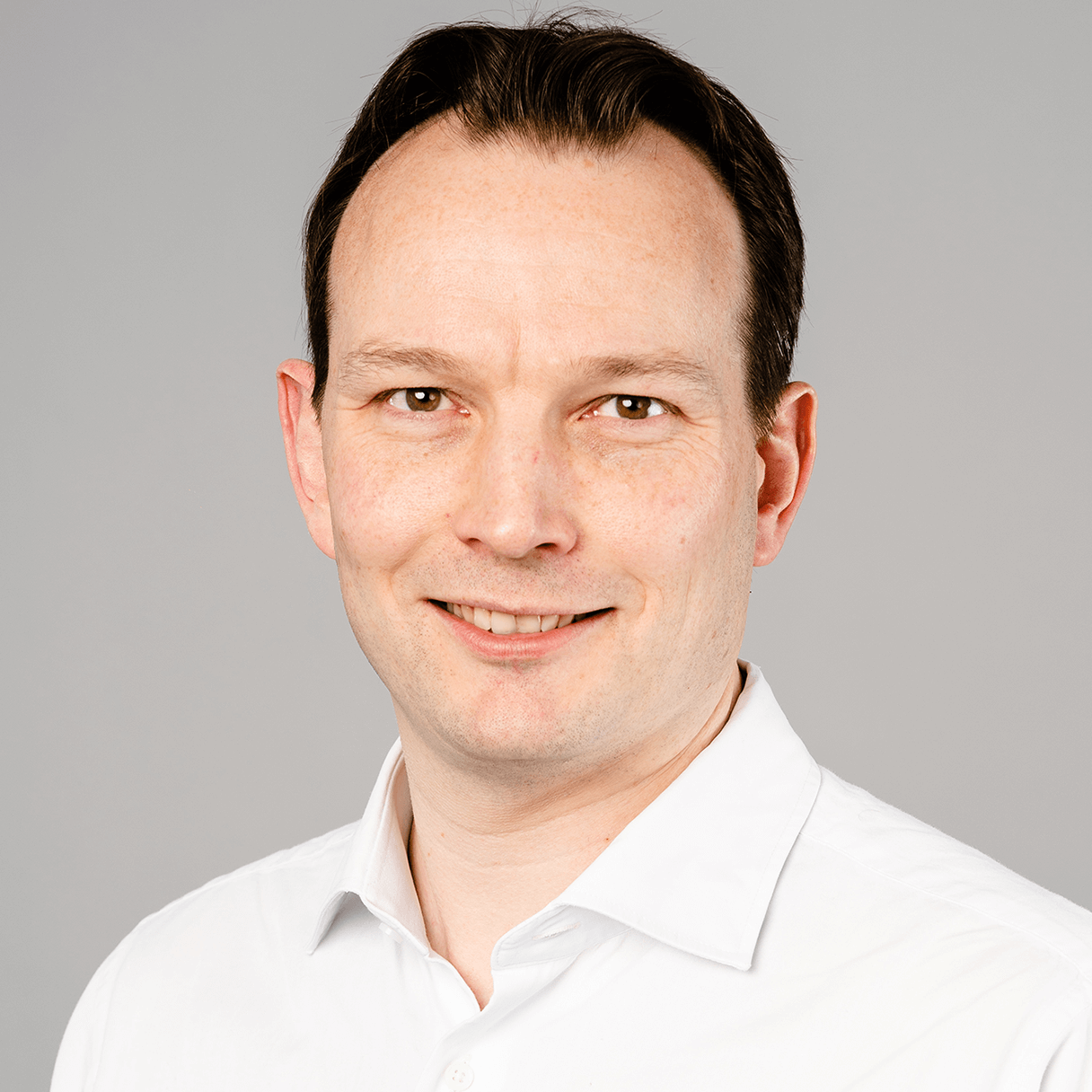
Rob Skinner
Head of Octopus Inheritance Tax Service Team
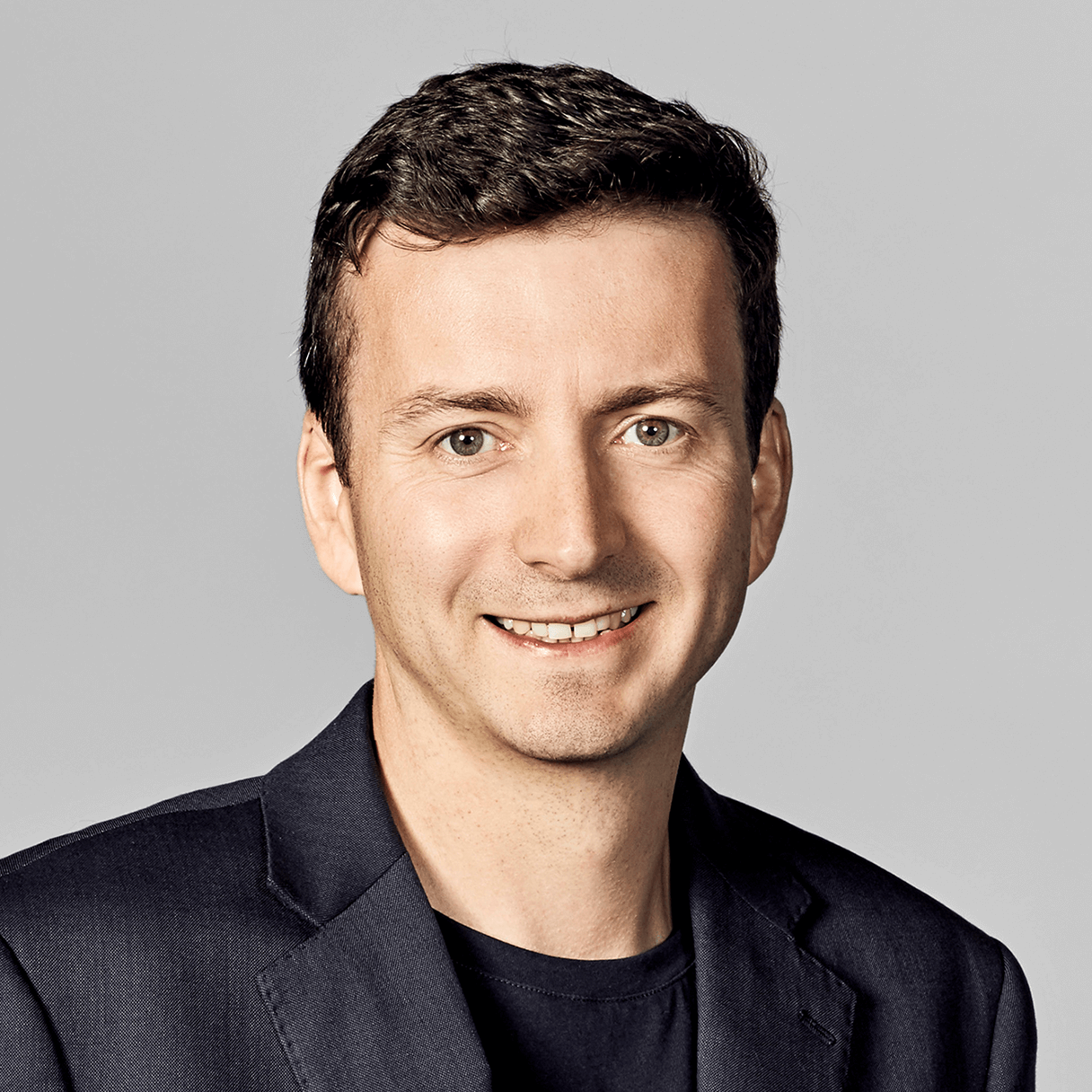
Lukasz Michalak
Investment Director
Co-head of Octopus Sustainable Infrastructure Fund
Co-head of Octopus Sustainable Infrastructure Fund
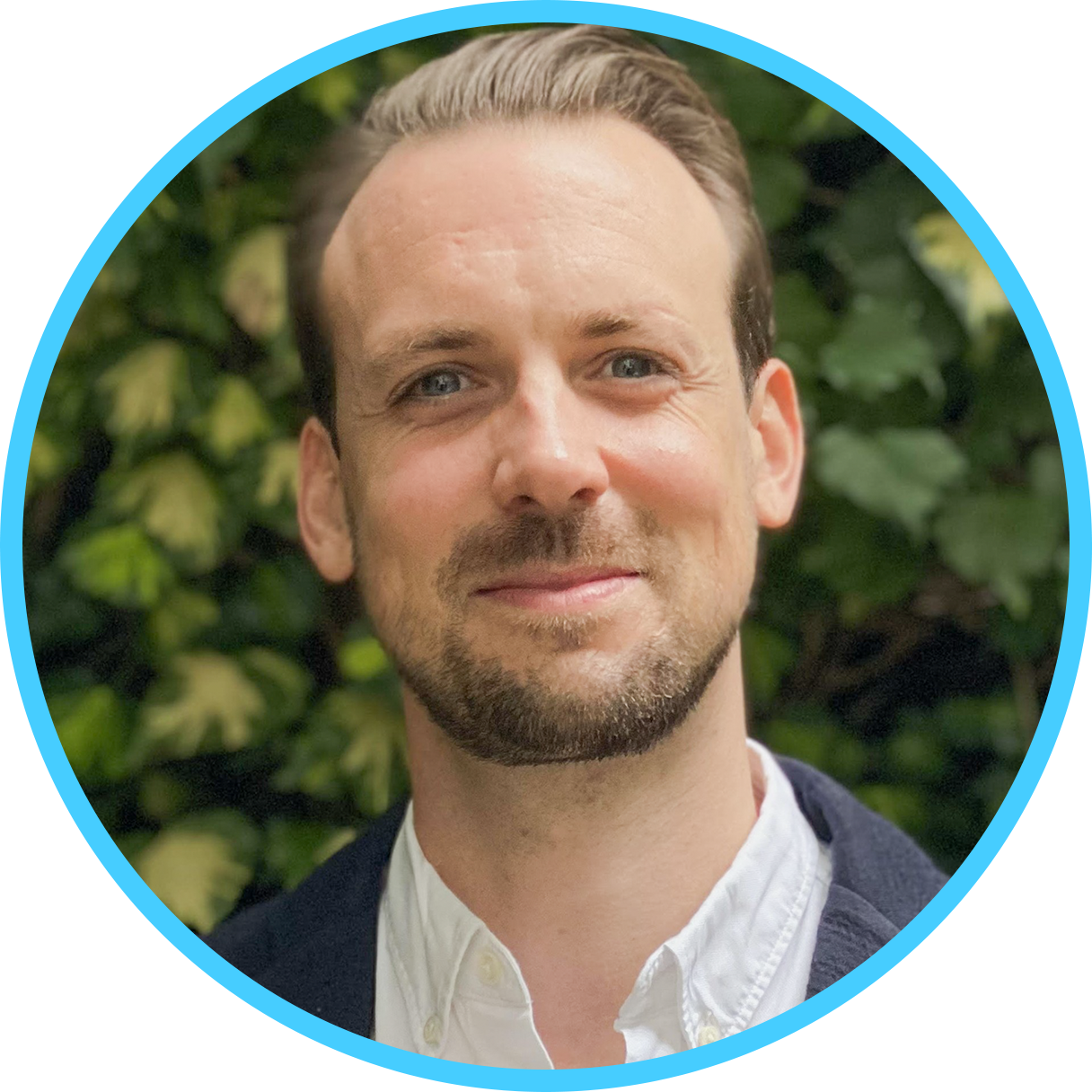
Chris Medley
Founder of Infrafleet
2 http://www.sustainablebuild.co.uk/pollutionfromconstruction.html

